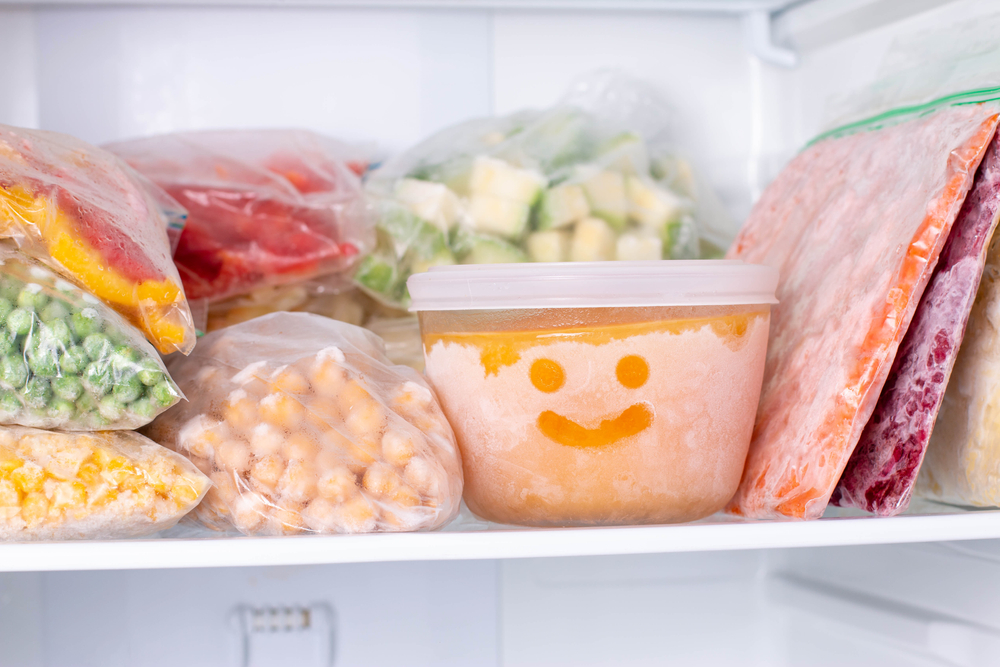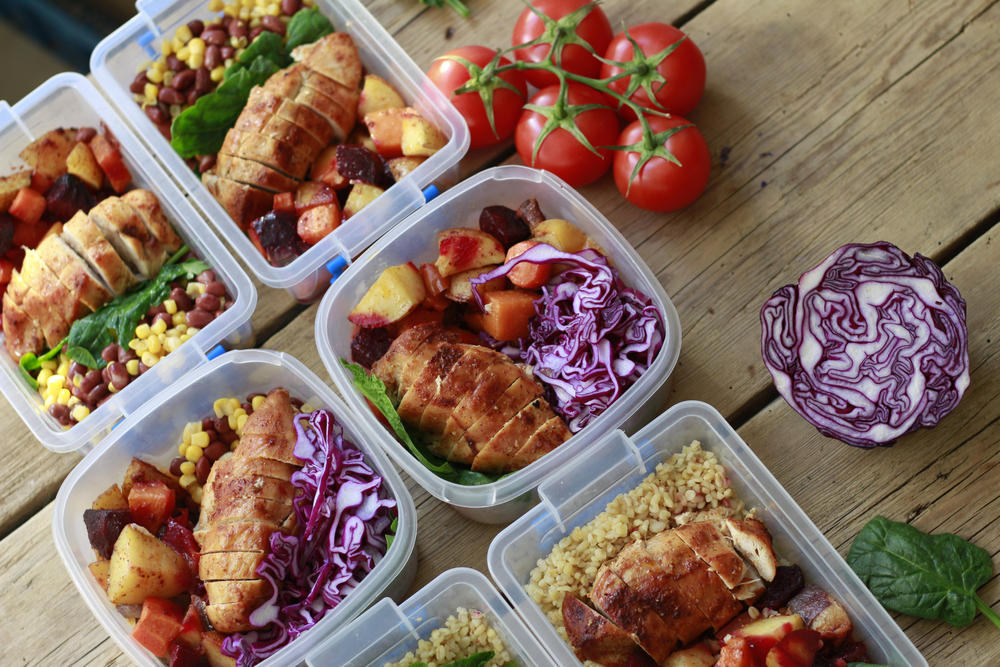Savvy tips for pocket-friendly healthy living
Eating well without spending a fortune is completely achievable. By planning ahead, being creative, and making wise shopping decisions, you can ensure your diet is filled with nutritious foods. Whether you’re a student, a young professional, or a family trying to cut costs, these practical tips will help you make healthier choices without straining your budget.

- Plan Meals Ahead
- Save money by avoiding impulse buys.
- Ensure you always have ingredients for nutritious meals.
- Incorporate leftovers into meal planning to minimise waste.

- Buy Whole Foods
- Choose fresh produce like fruits and vegetables, whole grains, and lean protein sources.
- They’re more economical per serving and packed with nutrients.
- Buying in bulk, especially grains and legumes, further reduces costs.

- Shop Seasonally & Locally
- Seasonal produce is fresher, tastier, and less expensive.
- Support local farmers and find deals at farmers’ markets.
- Consider joining a CSA (Community Supported Agriculture) for fresh, affordable produce. For instance, in Malaysia, Pasar Tani is a well-known example.

- Use Frozen & Canned Foods
- They are nutritionally comparable to fresh options.
- Purchase in bulk during sales for extended shelf life and less waste.
- Choose varieties without added sugars or salt to maintain health benefits.

- Cook at Home
- Gain control over ingredients and portion sizes.
- Save money compared to dining out or ordering in.
- Invest in versatile kitchen tools such as a slow cooker or pressure cooker for easy, budget-friendly meals.

- Opt for Protein Alternatives
- Beans, lentils, eggs, and tofu are cost-effective and versatile.
- Provide essential nutrients without exceeding your budget.
- Consider buying larger quantities and freezing portions for future use.

- Limit Packaged Foods
- Snacks, sugary drinks, and processed foods are expensive and nutrient-poor.
- Substitute with homemade alternatives like trail mix or yogurt with fruits.
- Check labels and choose healthier packaged options when necessary.

- Compare Prices & Look for Deals
- Compare prices across different brands and stores.
- Utilise discounts, coupons, and loyalty rewards to reduce expenses.
- Utilise store specials and markdowns on perishable items approaching their sell-by date.

- Practice Portion Control
- Use smaller plates and bowls to manage portions.
- Pack leftovers for lunch to stretch your meals further.
- Store additional servings in the freezer for convenient meals during hectic schedules.

- Stay Flexible & Be Creative
- Adapt recipes based on available ingredients and sales.
- Experiment with new flavours and repurpose leftovers creatively.
- Incorporate affordable herbs and spices to enhance flavour without additional cost.

- Grow Your Own
- Create a small herb garden or explore container gardening for growing vegetables.
- Save money and ensure a fresh supply of herbs and produce.
- Even a windowsill can provide space for growing basil, parsley, and mint.

- Drink Water
- Save money by opting for water instead of expensive beverages.
- Stay hydrated with calorie-free water, which is better for your health.
- Infuse water with fruits or herbs for added flavour without the expense of sugary drinks.
Join our 1Twenty80 Broadcast Channel today! Be the first to receive interview updates, behind-the-scenes snippets and happenings in Malaysia’s health scene!
Source: Healthline, British Heart Foundation, Mayo Clinic Health System, MyPlate













